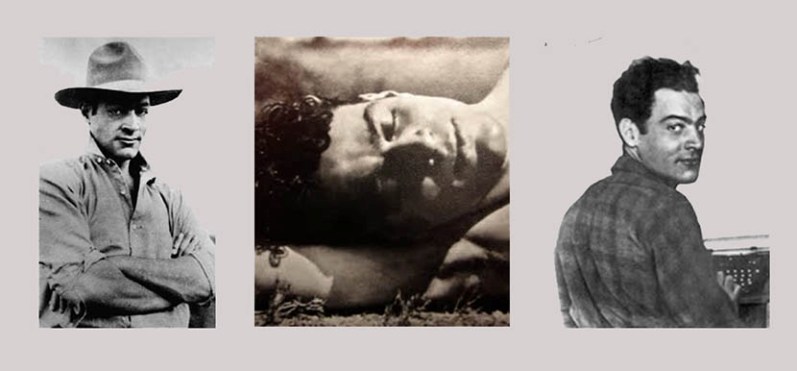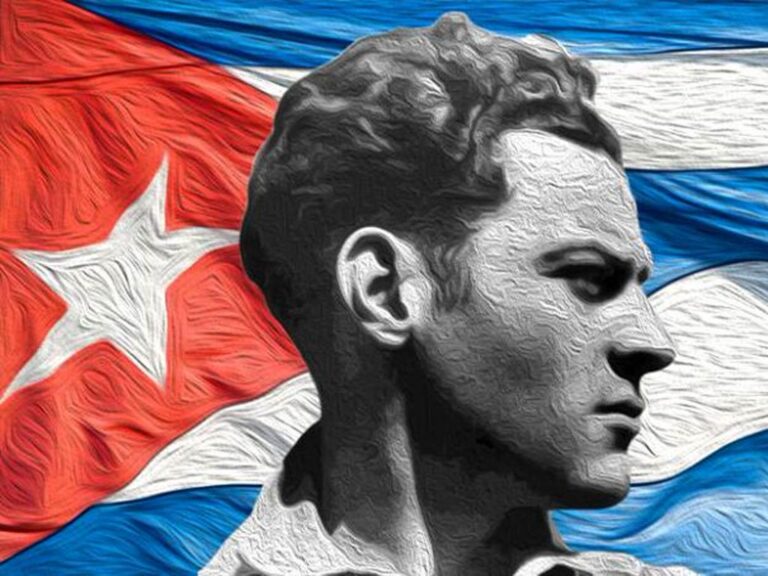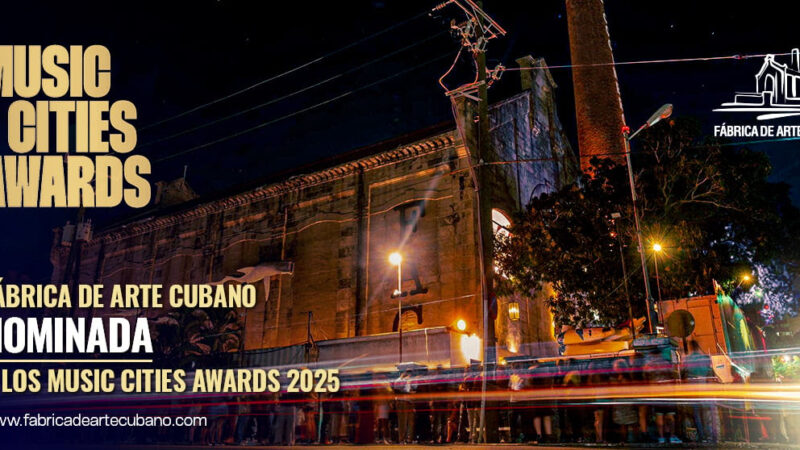Julio Antonio Mella, His Last Breath for the Revolution

As a founder and leader, Julio Antonio Mella (1903-1929) is one of those young men who, like a compass, set the course of his present time and announce the time to come. He devoted his short life entirely to founding and joining forces to combat the ills of his homeland and the American continent.
His profound thinking penetrated the Cuban reality of his time, the core interpretation of the facts and phenomena of the exploited peoples of America. Mella possessed that unusual virtue of being able to embrace the problems from a totalizing vision, which not only pointed to the external aspects of the events but also to their causes, development, and consequences.
This perhaps explains the speed with which he solidified his political maturity, already glimpsed early on in the course of his university life and culminating shortly afterward in the fertile work of a leader of a continental stature that he became.
Convinced of the unavoidable urgency of resuming the struggle if the outdated neo-colonial structure that was suffocating Cuba was to be uprooted, he took up the banner of 1868 and 1895 and plunged himself fully into action.
First, as a student leader, rallying the masses through the powerful force of his words and example, with the university reform, the creation of the University Student Federation (FEU), the holding of the First National Students’ Congress on his initiative and the opening of the José Martí People’s University.
All for the sake of teaching that would promote the national and social liberation of his countrymen, a teaching based on the Marxist conception of social events and the achievement of a university united with the objectives of the working class.

From that crucial moment onwards, Mella devoted himself to forging closer links with workers, in the workers’ unions and labor centers, working tirelessly to raise their awareness and ideology.
He acted as a tireless organizer and, together with Carlos Baliño, founded the first Marxist-Leninist party in Cuba, of whose Central Committee he became a member, and formed the Cuban section of the Anti-Imperialist League of the Americas, of which he would later be elected its general secretary.
The prominent leader achieved his aims and objectives through rallying cries, polemics, pamphlets, or newspaper articles. He aimed to bring into the ranks all those who felt capable of reacting to the injustice around them. Because he always valued the importance of struggle, he defended the need for action.
Julio Antonio Mella had already become a legitimate leader of the masses, with whom they recognized and identified themselves. Then came his unjust imprisonment and the hunger strike. He declared: «Today, more than ever, I have faith in the ideals that I have been preaching, and I affirm my determination to fight for the oppressed of my country and the world.»
The relentless harassment by the repressive forces of the tyrant Gerardo Machado forced him to leave for Mexico in an inevitable exile and soon became the backbone of the revolutionary struggle in Latin America and reached full maturity.
On Aztec soil, he generated fruitful and constant work. In those years, he wrote numerous essays and articles that reveal the evolution of his thinking and clear clarity in the face of the imperialist phenomenon, which caused the most harm to the people.
There he also founded student and peasant organizations, took part in the agrarian reform movement, collaborated in the struggles for the nationalization of oil, and support of miners’ strikes. Also, he was a member of the Central Committee of the Mexican Communist Party and participated in international events in this respect.
When he fell in a Mexico City street on January 10, 1929, assassinated on the orders of President Gerardo Machado and devoting the last breath of his life to the Revolution, he was only 25 years old. The prominent Cuban intellectual and revolutionary Juan Marinello defined him as follows: «Like all profound revolutionaries, Mella died of his work.»
In 1997, on the occasion of the 75th anniversary of the FEU, Army General Raúl Castro Ruz said: «Mella was a sower. He could not see his work completed. Like a sower, he fell into the furrow, but like a good seed in a large and generous soil, far from dying, his figure lives on and grows larger. Far from dying out, his inexhaustible roots penetrate deeper into the awareness of Cubans.»



